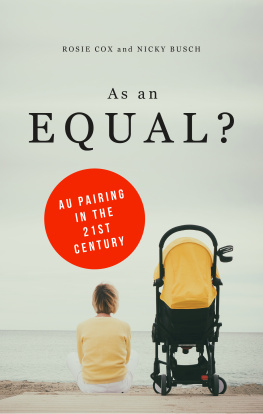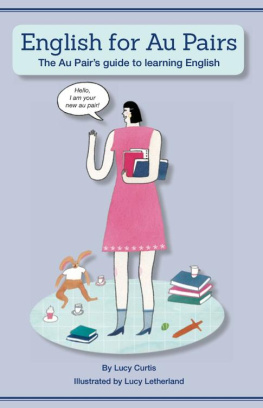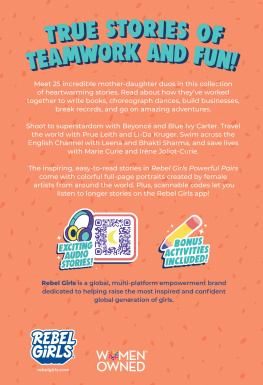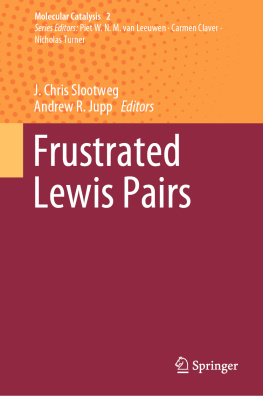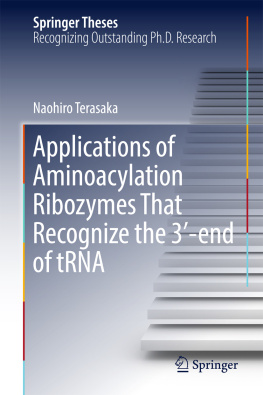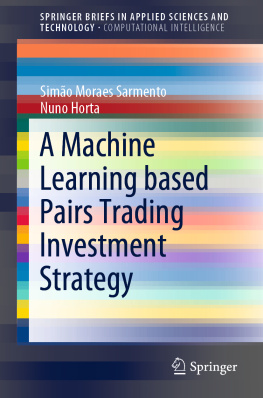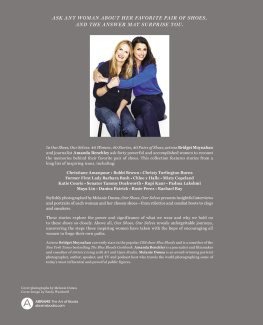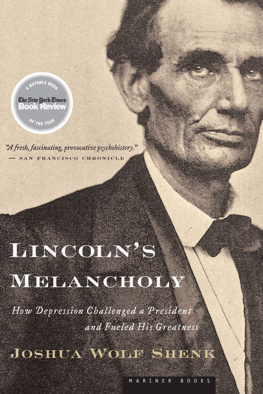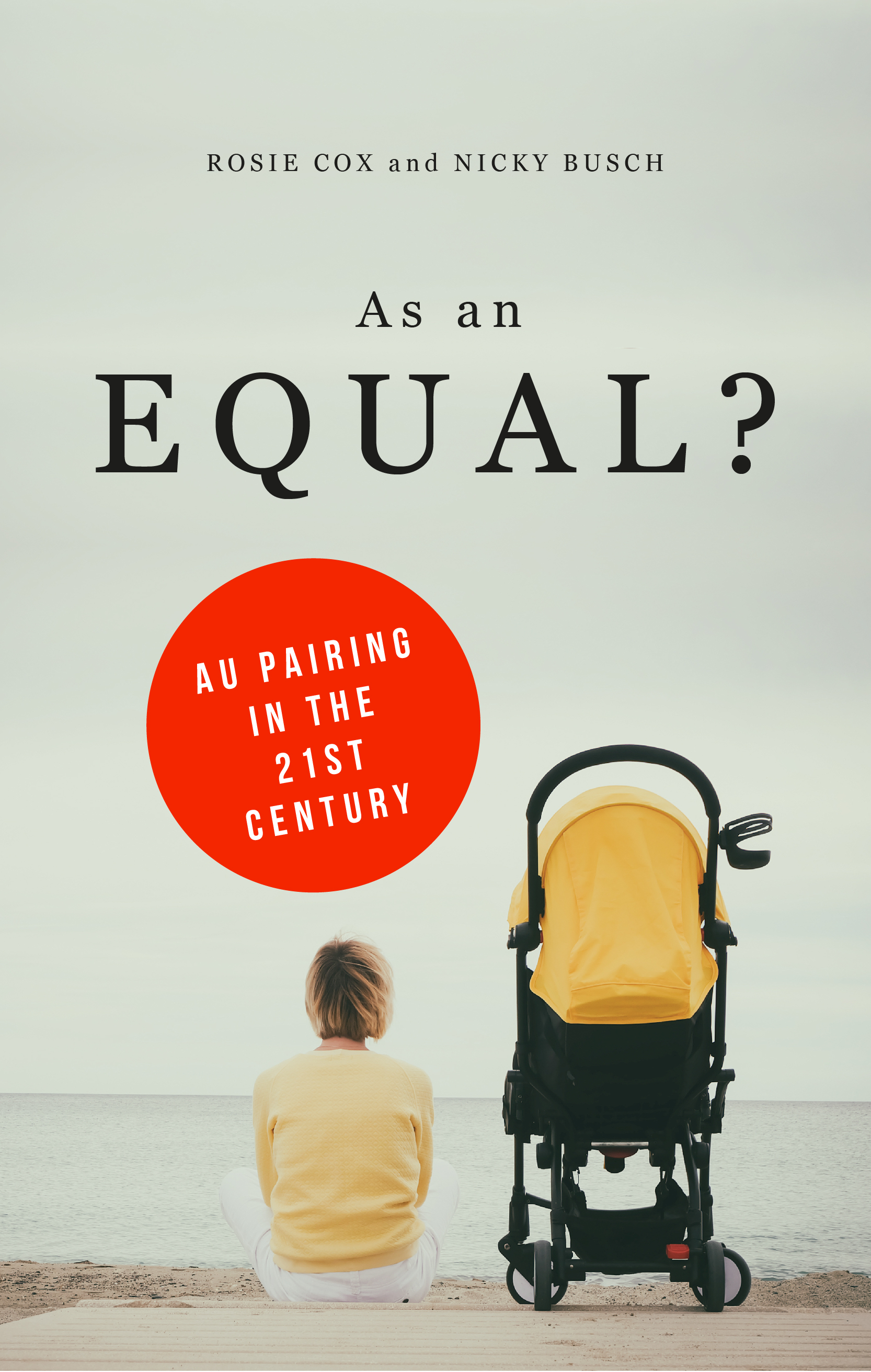This ground-breaking book exposes the economic and political forces that shape our homes and the work that goes on inside them.
Bridget Anderson, University of Bristol
In the first large-scale investigation of a largely hidden world, the authors provide an incisive account of the lived experiences of au pairs and their host families, showing how au pairing has become an integral part of austerity Britain.
Majella Kilkey, University of Sheffield
This informative and incisive study reveals the relations of care, inter-dependence, affection and exploitation as young women from Europe help more affluent women. The authors provide an indisputable case for reform.
Linda McDowell, Oxford University (Emerita)
A revelatory study. This is essential reading for anyone who wants to understand the conundrums and inequalities framing the global crisis of work and care.
Mary Romero, author of The Maids Daughter: Living Inside and
Outside the American Dream
Fills an important lacuna in the area of transnational migrant domestic and care work. A must read for students and scholars of care work in the age of neoliberal care regimes.
Helma Lutz, author of The New Maids
A very important contribution to understanding current variations of domestic labour. Brilliantly places the phenomenon of au pairing both in a historical context and in the present-day neoliberal reality of the UK.
Helle Stenum, Roskilde University
Brimming with insights, this book challenges the stereotype of the au pair as an equal member of a traditional English family. The authors expose the problematic nature of au pairing at a time of deregulation and hidden exploitation.
Helen Jarvis, Newcastle University
A much needed account of the reality of au pairing, which also poignantly illustrates how intersectional inequalities are produced in todays Europe. An insightful read for all social scientists.
Sabrina Marchetti, Ca Foscari University of Venice
Using the voices of both au pairs and their hosts, the book expertly demonstrates how the historical context and structural inequalities which frame au pairing influence the lived experiences of au pairs in the UK.
Zuzana Sekerkov Brikov, Masaryk University
ABOUT THE AUTHORS
Rosie Cox is Professor of Geography at Birkbeck, University of London. She has been researching au pairs and other forms of paid domestic labour in the UK for nearly 20 years. She is the author of The Servant Problem: Domestic Employment in a Global Economy (2006), co-editor of Dirt: New Geographies of Cleanliness and Contamination (2007), co-author of Reconnecting Consumers, Producers and Food: Exploring Alternatives (2008), Dirt: The Filthy Reality of Everyday Life (2011) and editor of Au Pairs Lives in Global Context (2015).
Nicky Busch is an academic and author with a particular interest in gender, care and domestic work and migration. She lives in London.
AS AN EQUAL?
AU PAIRING IN THE 21 st CENTURY
Rosie Cox and Nicky Busch
As an Equal? Au Pairing in the 21st Century was first published in 2018 by Zed Books Ltd, The Foundry, 17 Oval Way, London SE11 5RR, UK.
www.zedbooks.net
Copyright Rosie Cox and Nicky Busch 2018
The right of Rosie Cox and Nicky Busch to be identified as the authors of this work has been asserted by them in accordance with the Copyright, Designs and Patents Act, 1988.
Typeset in Plantin and Kievit by Swales & Willis Ltd, Exeter, Devon
Index by Rohan Bolton
Cover design by Kika Sroka-Miller
Cover photo Dmitry Zimin/Shutterstock
All rights reserved. No part of this publication may be reproduced, stored in a retrieval system or transmitted in any form or by any means, electronic, mechanical, photocopying or otherwise, without the prior permission of Zed Books Ltd.
A catalogue record for this book is available from the British Library
ISBN 9781783604982 hb
ISBN 9781783604975 pb
ISBN 9781783604999 pdf
ISBN 9781783605002 epub
ISBN 9781783605019 mobi
For Ava and Kip Montgomery
CONTENTS
UK Government guidance on au pairs as provided on the gov.uk website, December 2017
Price of childcare for children under three by region
Weekly price of an after-school club or childminder for children age 511
We would like to thank everyone who participated in our research for giving their time so generously to help us learn about au pairs in contemporary Britain. We would also like to thank Kim Walker at Zed for her patience and encouragement, the anonymous reader for their enthusiasm and helpful comments and Saoirse Cox for her good-humoured and rapid help with reference checking and editing.
This work was funded by ESRC grant ES/J007528/1.
This book examines the experiences of au pairs and host families in the UK during a period of deregulation of the au pair sector and disinvestment in publicly provided childcare. It explores the ways in which inequalities of gender, class, race/ethnicity, nationality and citizenship shape the lives of hosts and au pairs and the organisation of au pairing. As the title suggests, we question how possible it is to live as an equal the translation of the phrase au pair in an unequal world.
At the time we carried out the research for this book ( 2012 2014 ) au pairing was booming in the UK, particularly in London and southeast England. Various forms of deregulation had created a situation where government exercised no control and made no effective interventions in the sector, entirely unregulated online agencies made finding an au pair or a host cheap and easy, rising costs and limited supply of flexible group childcare fuelled demand for in-home care and, following the global financial crisis of 2008 , high rates of youth unemployment in many EU countries fuelled the supply of au pairs.
Au pairing matters, not only to the lives of the thousands of au pairs and host families directly involved in it, but because it is a result of the convergence of historically enduring gender inequalities with a number of global-scale trends which increasingly characterise contemporary social life. Au pairing is an example of what happens in highly unequal, poorly regulated, international labour markets. As pp) comments:
[T]he commodification of care in the context of global capitalism reinforces the institution of paid care as a low paid and precarious sector. The negative consequences of this development are distributed along class and racial-ethnic social structures: on one hand market caring services are financially accessible only to higher and middle classes, and on the other hand these jobs with disadvantaged and risk statuses are designed for women from minority groups and lower classes. The processes of marketization and commodification did not turn the private public: it is still private within a private economy.
Like many other low paid migrants in Britain, au pairs are an example of a group of workers who are outside formal labour markets and who lack the protections available to other groups. While Uber drivers and Deliveroo couriers are left without rights through the use of bogus self-employment, and many other workers find themselves on zero-hours contracts, au pairs work is quite simply defined as not work. This negation of au pairs labour and the retelling of their efforts as help and cultural exchange is possible because of the gendered nature of domestic work and relations within the private home. The inclusion of particular people young, white, European women in the category au pair is possible because of centuries of prejudice about who does and does not do domestic labour and who is welcome within the intimate space of the British family.

